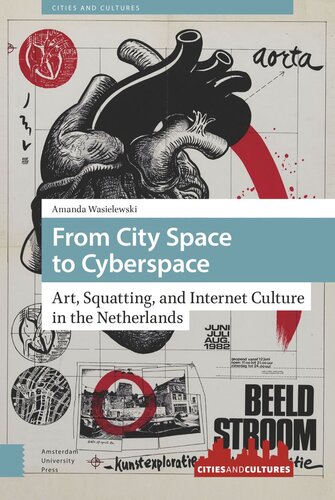

Most ebook files are in PDF format, so you can easily read them using various software such as Foxit Reader or directly on the Google Chrome browser.
Some ebook files are released by publishers in other formats such as .awz, .mobi, .epub, .fb2, etc. You may need to install specific software to read these formats on mobile/PC, such as Calibre.
Please read the tutorial at this link: https://ebookbell.com/faq
We offer FREE conversion to the popular formats you request; however, this may take some time. Therefore, right after payment, please email us, and we will try to provide the service as quickly as possible.
For some exceptional file formats or broken links (if any), please refrain from opening any disputes. Instead, email us first, and we will try to assist within a maximum of 6 hours.
EbookBell Team

4.1
90 reviewsThe narrative of the birth of internet culture often focuses on the achievements of American entrepreneurs in Silicon Valley, but there is an alternative history of internet pioneers in Europe who developed their own model of network culture in the early 1990s. Drawing from their experiences in the leftist and anarchist movements of the ’80s, they built DIY networks that give us a glimpse into what internet culture could have been if it were in the hands of squatters, hackers, punks, artists, and activists. In the Dutch scene, the early internet was intimately tied to the aesthetics and politics of squatting. Untethered from profit motives, these artists and activists aimed to create a decentralized tool that would democratize culture and promote open and free exchange of information.